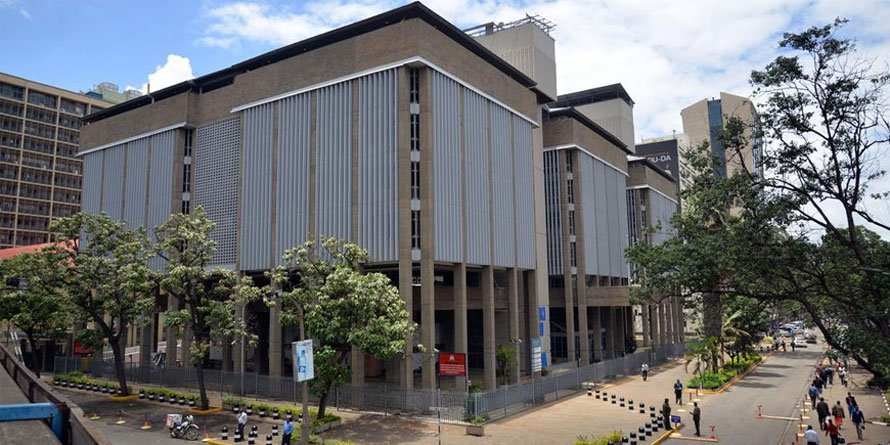Borrowers defaulted on Sh73.05 billion bank loans in 10 months to December alone, highlighting the gravity of the Covid-19 induced economic hardship that triggered massive layoffs and pay cuts.
New Central Bank of Kenya (CBK) data shows that the value of loans defaulted hit Sh423 billion or 14.1 per cent of the total Sh3 trillion loan book, representing a sharp rise from Sh351.73 billion that was in default by the end of March 2020.
The Sh71.26 billion spike in defaults between end of February and December is a stark contrast from an additional Sh5.4 billion that fell into default status in a similar period in 2019 and Sh31.1billion in 2018.
The jump in gross non-performing loans (NPLs) – credit for which principal or interest has not been paid for 90 days or more – is despite borrowers having applied to defer payments on more than half of current loan book.
CBK governor Patrick Njoroge yesterday said the current levels of defaults are still manageable and added that he expects the ratio to rise to 16 percent or 17 percent if economic recovery delays.
“Credit risk remains elevated and that is expected given where the economy is. We have done some analyses and assuming that the economy remains flat and the benefits of reopening the economy do not come through, NPLs will rise to 16 or 17 percent of gross loans,” said Dr Njoroge.
“Those numbers are still manageable because banks have been doing what they needed to. They needed to be conservative and make provisions for their loans.”
The huge jumps in provisioning by end of September had seen banks earnings fall sharply, with Standard Chartered Bank Kenya, Absa Kenya, Cooperative Bank of Kenya, DTB, I&M Holdings and NCBA all issuing profit warnings.
The weakening strength of borrowers to honor loan repayment coincides with the prevailing tough economic times facing households since the first case of Covid-19 was confirmed in Kenya in March, triggering job losses, salary cuts and tight purses.
The loan defaults have seen the NPLs ratio rise to 14.1 percent—the highest since August 2007—when it stood at 14.41 percent.
CBK said NPL increases were registered in the transport and communications, trade, real estate and agriculture sectors due to the subdued business environment.The rise in NPLs comes despite banks having allowed customers to extend repayment periods on loans worth Sh1.63 trillion by end of December, an equivalent of 54.2 percent of total loan book.Personal and household loans […]
